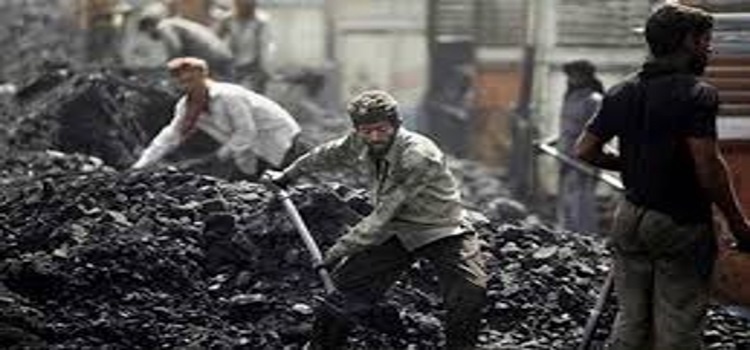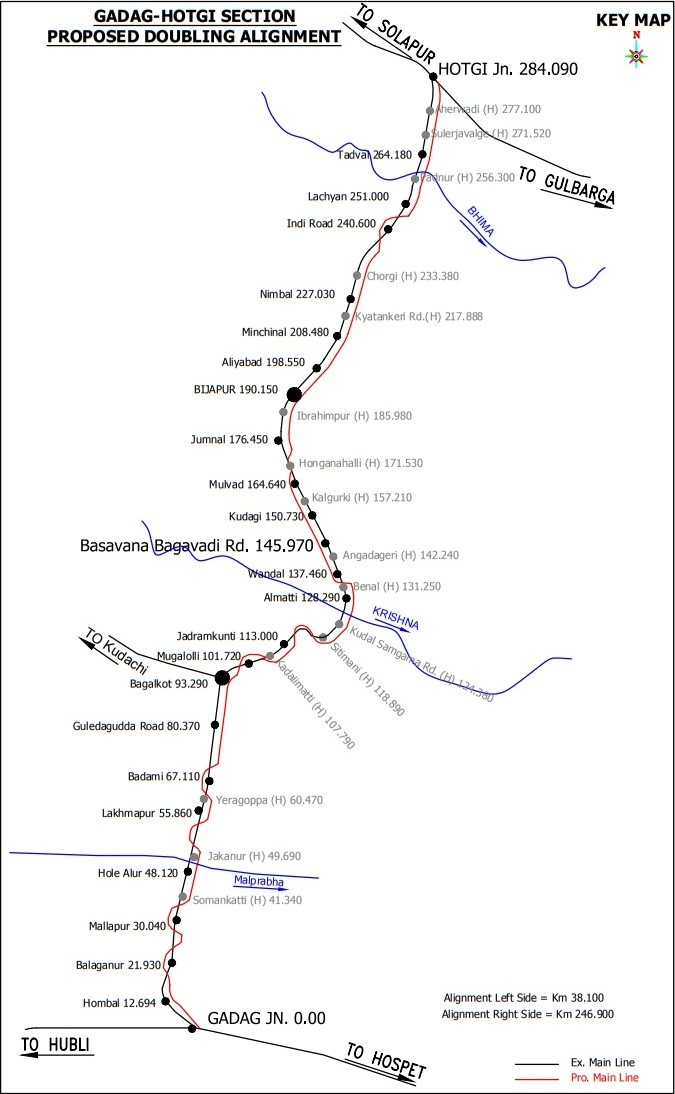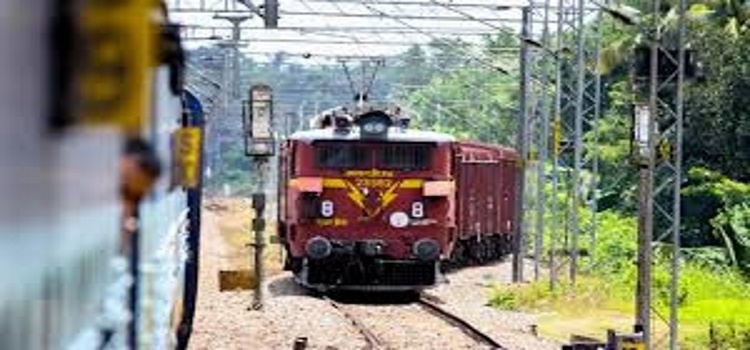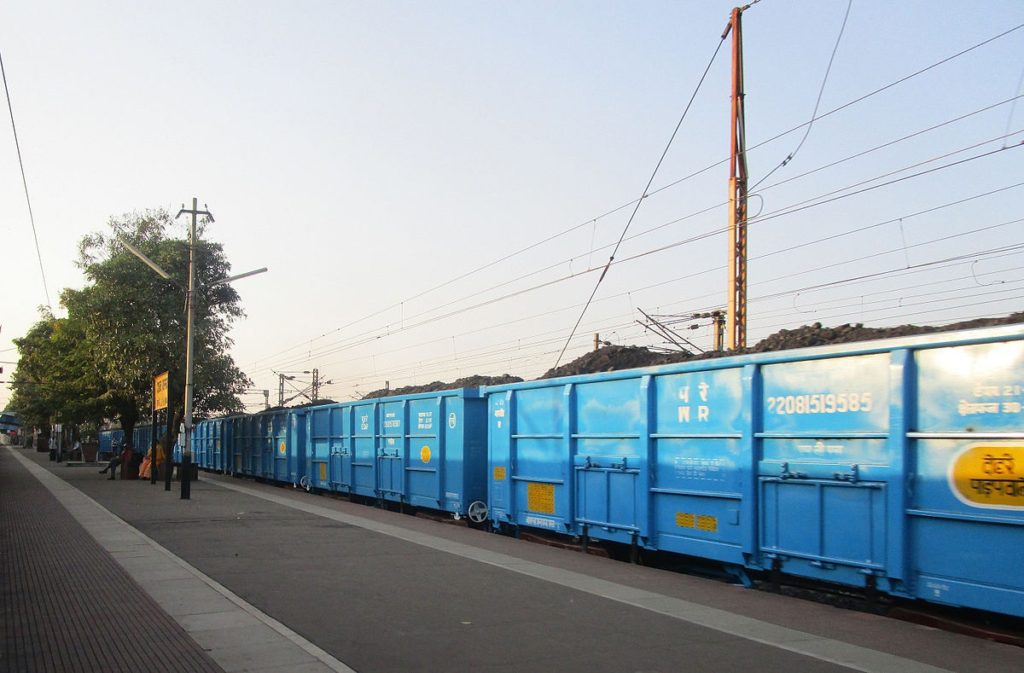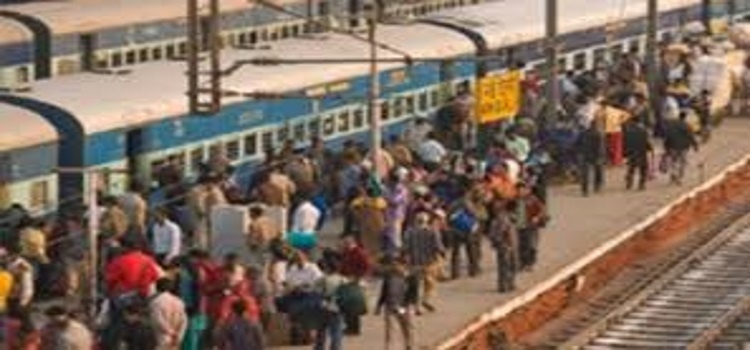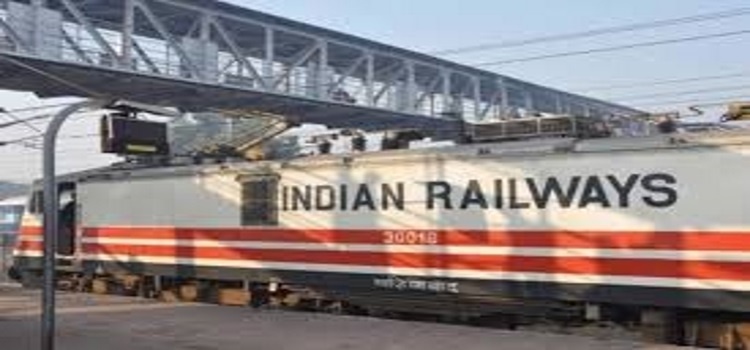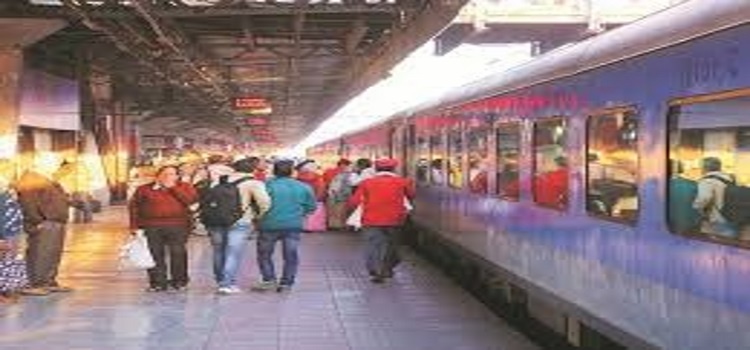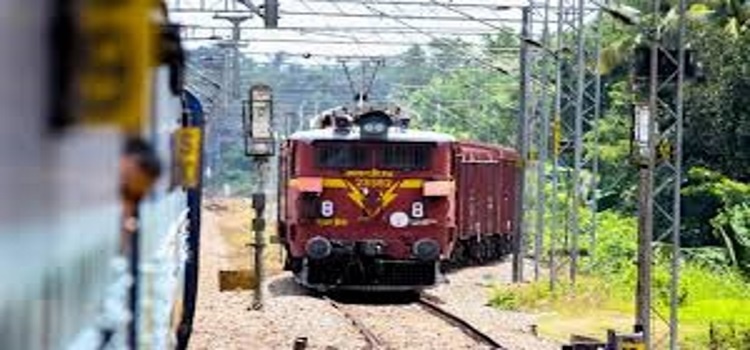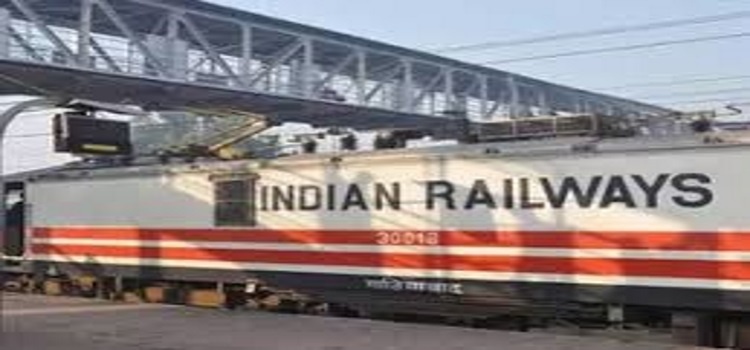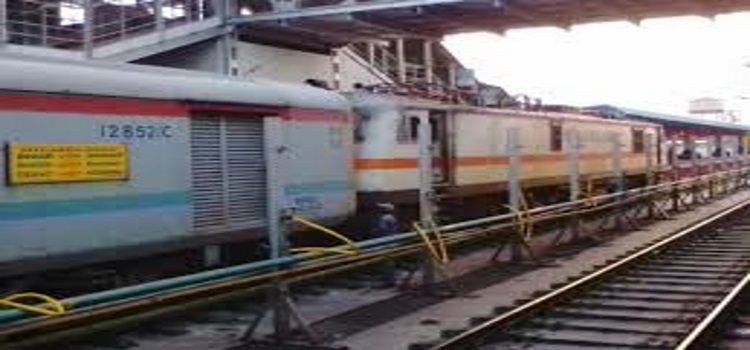
The Catering Policy, 2017 was issued to provide pure and healthy food to passengers on trains. As per the new policy, Indian Railway Catering and Tourism Corporation Limited (IRCTC) was mandated to carry out the unbundling by creating a distinction primarily between food preparation and food distribution on trains.
In order to upgrade the quality of food preparation, IRCTC is to set up new kitchens and upgrade the existing ones.
Further, detailed instructions and guidelines have been issued to the Zonal Railways for conducting joint inspections by the medical, commercial and concerned infrastructure maintenance departments to inspect each and every catering unit (mobile and static), including base kitchens or cell kitchens on all Railway divisions and zones.
Apart from this, regular and surprise inspections will be conducted by food safety officers (FSOs), designated officers (DOs) and joint food safety commissioners.
A joint team of ticket checking staff and Railway Protection Force (RPF)/Government Railway Police (GRP) staff also conduct surprise checks to prevent unauthorised vending on stations and trains.
The general managers of the Zonal Railways have been requested to monitor such drives personally. Food samples collected by FSOs are sent to the nominated accredited laboratories for testing and analysis, as stipulated by the Food Safety and Standards Act, 2006.
Penalties are imposed in cases of detection of unsatisfactory food samples and prosecutions are carried out as per the provisions of the Food Safety and Standards Regulations, 2011.
This information was given by the Rajen Gohain, Minister of State for Railways, Government of India, in a written reply to a question in the Rajya Sabha.

